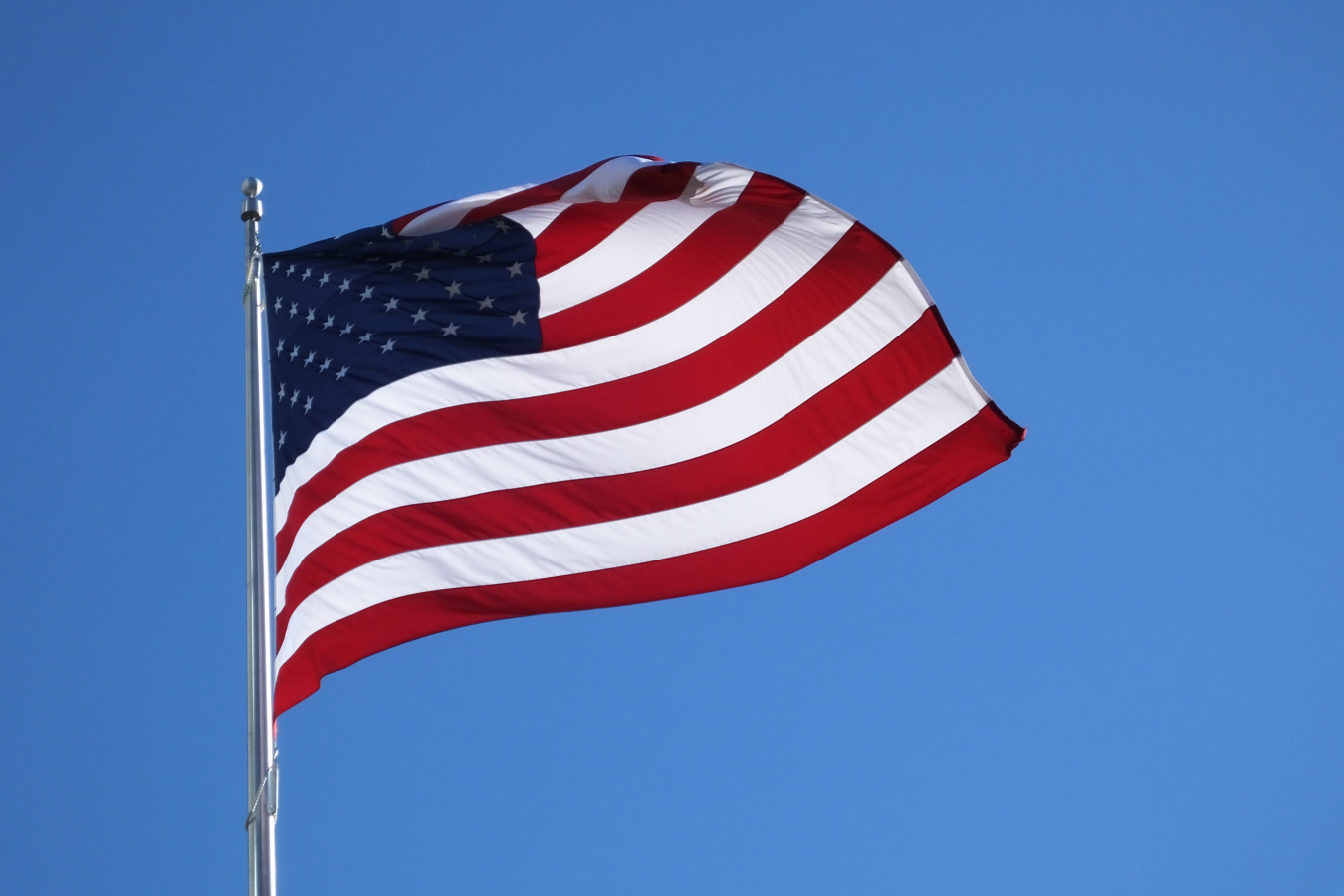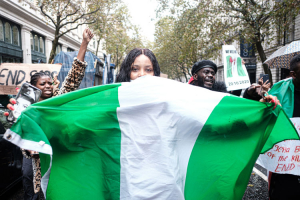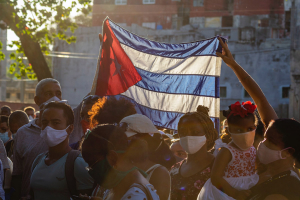us-embassy-nine-elms-lane-vauxhaul.jpg

Photo by James Kenny on Unsplash.
Support migrant centric journalism today and donate

With large numbers of US consulates around the world still in hiatus, concerns continue to mount over rising US visa backlogs. There is particular concern over US student visas, amid fears that that international students will be unable to attend university in person ahead of the 2021 semester starting this fall.
According to a report published by The PIE News, out of the 265 US embassies and consulates located around the world, 123 have permanently closed, temporarily closed or only offering emergency US visa appointments.
Stakeholders told The PIE News: “This profound reduction in US visa processing capacity is proving to be a “roadblock for prospective international students. If the situation does not improve institutions will face serious financial difficulties.”
US visa processing capacity slumps
An official at the US Department of State (DoS) said: “The COVID-19 pandemic has resulted in profound reductions in the department’s visa processing capacity. Additionally, a range of presidential proclamations restricting travel in response to the pandemic have resulted in further constraints on US visa issuances worldwide.”
Recently, a group of recruiters compiled datasets showing US visa waiting times as displayed on the websites of consulates around the world. 265 consulates are listed, 60 of which are showing that the waiting time for a US student visa is 14 days or less.
Meanwhile, a further 20 consulates were showing a wait time of 15 – 60 days and 13 consulates listed wait times at 65 – 256 days. The remaining 172 consulates were either permanently closed, temporarily closed or only offering emergency appointments.
The DoS official said: “As the global situation continues to evolve, the department is continuously seeking ways to efficiently process visa applications around the world, consistent with both guidance from health authorities and with the US travel restrictions currently in place.”
“Throughout the pandemic, our US embassies and consulates have prioritised services to US citizens overseas, as well as urgent and mission-critical visa services (such as for those coming to assist with the US response to the pandemic),” the DoS official added.
Immigrant visas for immediate family
It’s understood that most US consulates and embassies around the world that are processing visas are prioritizing applications made by immediate family members of US citizens, inter—country adoptions and fiancées, plus special immigrant visas.
Locations that are processing non-immigrant visas are prioritizing ‘urgent or mission-critical travellers and foreign diplomats’ ahead of students, exchange visitors and temporary employment visas.
However, stakeholders have said that the delays will cause ‘significant harm’.
Brian Whalen, executive director of the American International Recruitment Council (AIRC), which compiled the data, said: “We need the US government to address the visa processes for international students immediately to make it possible for as many students as possible to arrive for fall 2021.”
“International students contribute significantly to our economy and to the diversity of our institutions and communities.”
Mr Whalen went on to explain that the AIRC had recently surveyed their certified educational agencies to gather ‘on the ground information’ about US visa processing at consulates around the world.
“This data revealed that there are extreme delays in visa appointments in many parts of the world. It also revealed that there are US consulates in some countries that have appointment waiting times of only a few days or weeks,” Whalen said.
US visa processing concerns
Concerns around the limited processing capacity of US visas was echoed by the vice president for academic innovation and transformation at the American Association of State Colleges and Universities (AASCU), Terry Brown, in an AASCU newsletter.
Ms Brown said: “The AASCU has advocated strenuously for federal policies that promote rather than inhibit the internationalization of our campuses… We joined the American Council on Education to urge the secretaries of state and Homeland Security to take actions that will allow for our international students to return to our campuses and our institutions.”
Despite the difficulties facing international students, Whalen said they refused to be deterred. He said: “Where students are unable to access visa services in their own country, they are traveling to a third party country to apply for a non-immigrant study visa. This is a financial burden for them, but they’re committed to studying in the US.”
Meanwhile, the DoS told The PIE News: “Visa applicants may generally apply at any US embassy or consulate where they are physically present. We advise applicants to check with the relevant embassies or consulates to determine whether those posts have capacity to serve them.”
US universities hit hard
With international students facing lengthy US visa delays, American universities have been hit hard as enrolment numbers slump. Mr Whalen said: “The institutions at greatest risk are those that have less financial flexibility and higher numbers of enrolled international students.”
“A decrease in the number of enrolled international students not only impacts tuition income, but also affects institutional positions in academic departments and staff positions in areas such as international student services, admissions and enrolment management,” he added.
Workpermit.com can help with US employment-based visas
If you would like to apply for a US work visa – including L1 visas, E2 visas, O1 visas and H1B visas - Workpermit.com can help.
Workpermit.com is a specialist visa services firm with over thirty years of experience dealing with visa applications. We can help with a wide range of visa applications to your country of choice. Contact us for further details. You can also telephone 0344 991 9222.




















